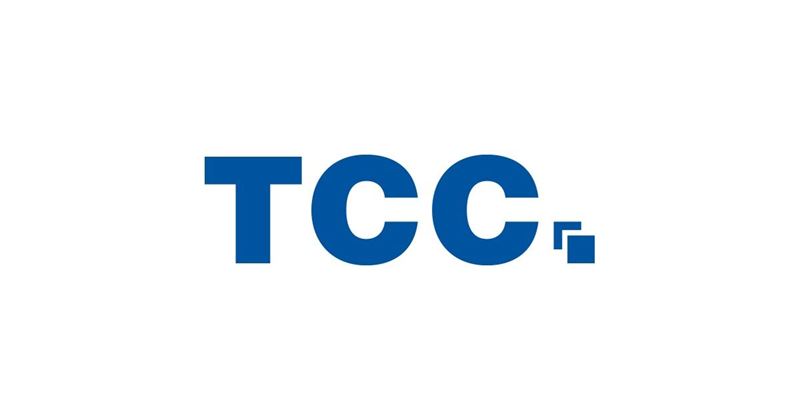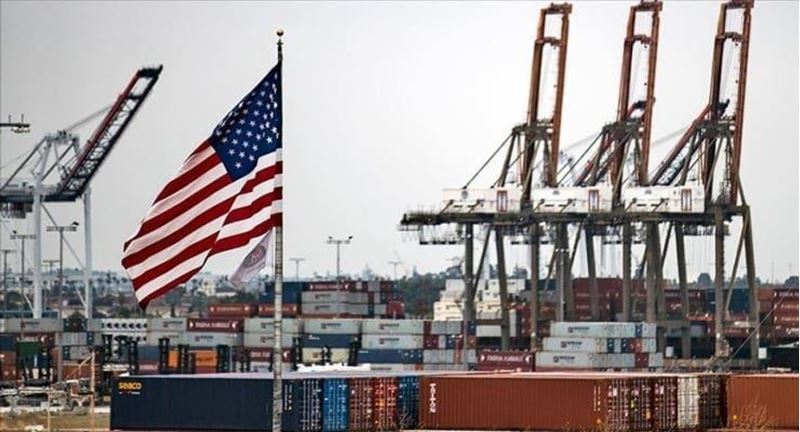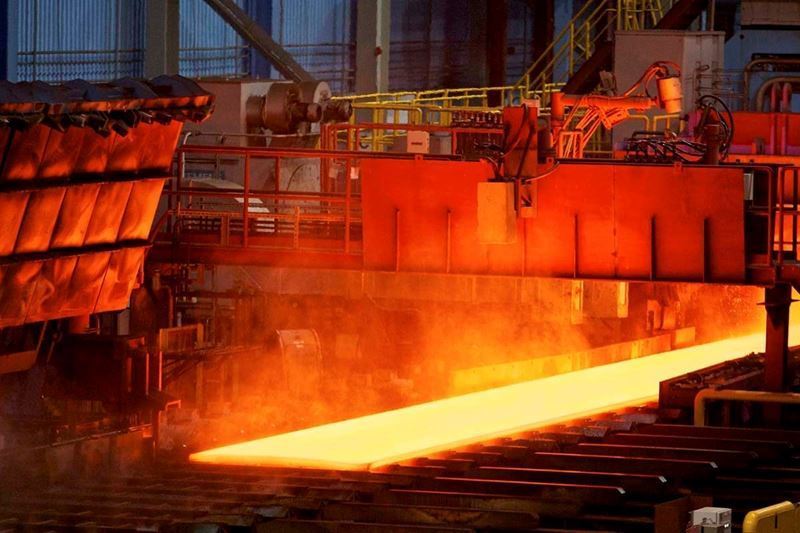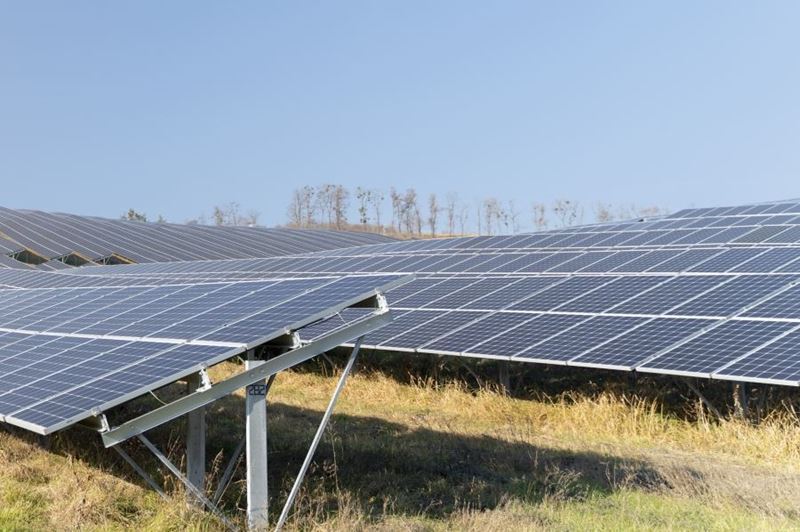Iran is known as one of the major players in the global steel market. The steel business of this country plays an important role in determining the trends and frauds in the global market of this industry. Last year, crude steel production in Iran rose to more than 31 million tons, an increase of about 2% compared to the previous year.
According to the reports, Iran's steel exports reached 3.44 million tons last year, an increase of 7% compared to the previous year. Exports of semi-finished steel products reached almost 8 million tons, an increase of 6%.
Although Iran's attacks on Israel did not have an immediate impact on the steel market, the consequences will gradually be felt. Exports of billets and blooms, where Iran is a major player, could be affected. Domestic prices for rebar in Iran are also continuing to fall as supply increases and demand decreases.
The tensions between Israel and Iran could lead to disruptions in oil transportation in the Strait of Hormuz, which could increase oil prices and have a positive impact on transportation costs.
Although the trade sector anticipated restrictions on shipping through the Suez Canal following Iran's attacks on Israel, these effects were quickly largely mitigated. However, due to the disappointing US economic data and the uncertainty surrounding the crisis in the Middle East, crude oil futures are back on an upward trend.











Comments
No comment yet.